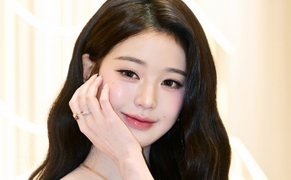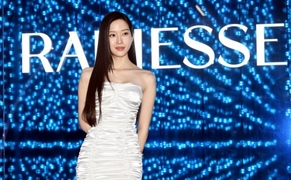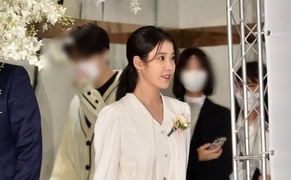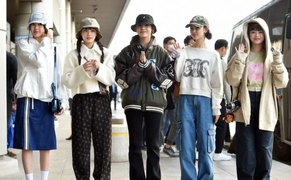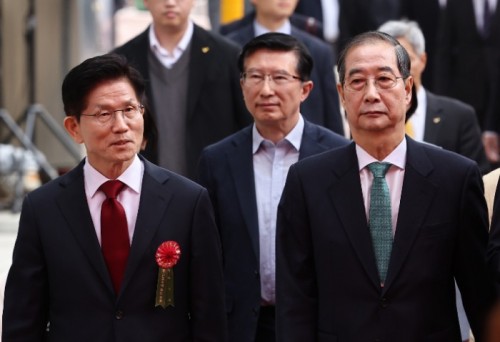 |
| Kim Moon-soo, presidential candidate from the ruling People Power Party (PPP), and independent presidential contender Han Duck-soo attend a ceremony celebrating Buddha's Birthday at Jogye Temple in Seoul, on May 5. / Source: Yonhap News |
As the ruling People Power Party (PPP) grapples with internal conflict over unifying its presidential candidates for the 21st presidential election, public support for a “winnable election” is turning into criticism aimed at both contenders—Kim Moon-soo of the PPP and independent Han Duck-soo. Critics argue both are making strategic missteps, driven by factional power struggles within their respective camps.
According to The Korea Times' report on May 7, the PPP is entangled in two layers of conflict: first, tensions between Kim Moon-soo and the party leadership; and second, a tug-of-war between Kim and Han over who will lead a unified candidacy. Kim has called for the dismantling of the party's emergency steering committee, while the leadership has countered with a proposal to conduct a party member poll. Conservative voters are voicing concerns, noting that while the Democratic Party has rallied around Lee Jae-myung amid legal troubles, the PPP remains mired in internal strife.
The discord intensified when Kim Moon-soo’s chief of staff, Rep. Kim Jae-won, stated during a May 5 SBS radio appearance that “only Kim Moon-soo will appear on the presidential ballot,” effectively dismissing Han’s candidacy. This sparked backlash from Han’s camp and the PPP leadership. Attempting to quell the controversy, Kim Jae-won said on MBC radio on May 7 that Kim Moon-soo still intends to honor his commitment to candidate unification, but criticized the party leadership for repeatedly undermining the candidate.
A PPP official told The Korea Times, “It seems Rep. Kim Jae-won is leading Kim Moon-soo in the wrong direction. Although he says unification is still on the table, the actions so far have eroded trust among party members and the public.”
Meanwhile, some argue that as the PPP’s official candidate, Kim Moon-soo should be entrusted with full authority over the unification process. Critics say it's inappropriate for the leadership to independently push for unification with Han Duck-soo. A Kim Moon-soo campaign official stated, “Now that he’s the party’s nominee, the PPP should fully support him and leave unification decisions to him. This isn’t a situation where the party should be intervening.”
Another party insider remarked, “Supporting our official nominee is a given. But by publicly criticizing some of Kim’s aides, the party risks alienating its own base.”
Among conservatives, there is growing interest in which candidate—Kim or Han—would be better positioned to win the presidential race if they secure the unified candidacy. Observers note that whichever candidate concedes must view the decision not as sacrifice, but as cooperation.
Some speculate that if a unified candidate wins the presidency and forms a joint government with the one who steps down, it could ease the path to unification.
At the same time, criticism is mounting against Han Duck-soo over a perceived lack of procedural legitimacy. Kim Dae-ho, head of the Social Design Institute, argued that “Han’s failure to undergo the PPP primary process, which Kim Moon-soo completed, is a major democratic flaw,” adding that Han insisting on taking the lead in unification talks is “a mistaken approach.”
Most Read
-
1
-
2
-
3
-
4
-
5
-
6
-
7

















